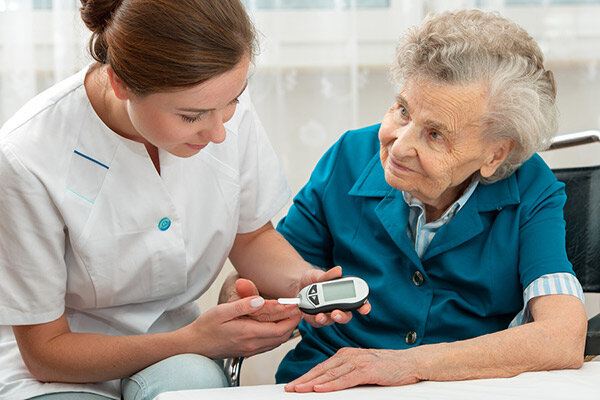Home Care for Seniors with Diabetes
Home Care for Seniors with Diabetes
We have all seen the headlines concerning the growing number of Americans who have developed diabetes over the last decades. Right now, the Center for Disease Control says that over 100 million Americans are living with either diabetes or pre-diabetes. Diabetes was the seventh leading cause of death in the United States in 2015. Those numbers are increasing instead of decreasing. Does your elderly loved one have diabetes? Are you sure that your loved one is monitoring and treating the disease on his own? How do you know? Your elderly loved one may say he or she is “eating fine” and that his are her blood sugar numbers are within normal range.Maybe you realize that it is time to hire a professional to help monitor your loved one with diabetes. It is a bad idea to hire a random caregiver off the street who is not knowledgeable about this disease. It takes expertise and experience to monitor a person with diabetes effectively.
Does your elderly loved one have diabetes? Are you sure that your loved one is monitoring and treating the disease on his own? How do you know? Your elderly loved one may say he or she is “eating fine” and that his are her blood sugar numbers are within normal range.Maybe you realize that it is time to hire a professional to help monitor your loved one with diabetes. It is a bad idea to hire a random caregiver off the street who is not knowledgeable about this disease. It takes expertise and experience to monitor a person with diabetes effectively.
The importance of hiring a professional
Diabetes is a complicated disease that needs close monitoring. An increase in fluids or activity can alter one’s blood sugar. Small sores on a diabetic’s foot can result in amputations. A diet that is not monitored can be lead to hospitalization or death. Even if your loved one was able to control the disease most of his or her life, as people age, they might forget to monitor their health as closely as before. This is why it is so important to hire a professional who has experience treating this disease.
When Do You Know It's Time to Hire a Home Care Agency for Your Loved One with Diabetes?
A1C numbers are in an inappropriate range
While some older adults may not want to share their medical test results with you, if you are in charge of his or her care you may need to insist on having this knowledge. If your loved one allows it, sit in on his or her medical appointments. Ask the doctor the results of your loved one’s blood tests.While the appropriate levels differ from person to person, if your loved one’s A1C numbers are above eight percent, this may be cause for concern. This number may indicate that the senior citizen is not monitoring his or her blood sugar closely enough. This test may be given to your loved one three or four times a year depending on the severity of the disease.
Displaying odd behaviors
While there can be a wide variety of reasons for a senior citizen to act out of character, if he or she has diabetes, the reason for the odd behavior could be traced back to changes in blood sugar. Low blood sugar can cause slurred speech, dizziness, and anxiety. He or she may appear to be intoxicated.While the senior’s behavior can go back to normal immediately after eating, are you sure that your loved one would be able to monitor the situation while living on his or her own? What if your family member chooses to drive when in this state? If you discover your loved one confused or acting strangely, it may be time to hire outside assistance.
Sores that won't heal
This may be the result of blood sugar that has run unchecked. A professional will know how to look for, monitor, and care for cuts and sores. Having a professional monitor these situations will reduce the likelihood of your loved one having to undergo an amputation.
It's becoming difficult to manage his/her diabetes
While your loved one’s doctor will give you suggestions on the dose and regularity of the medicine or insulin prescribed to control the blood sugar, the appropriate dosage can change under differing circumstances. If your senior is in a high-stress situation, that may alter the amount of insulin needed.If your loved one gets more or less exercise than usual, this may change the amount of medicine necessary. Diet and water consumption can also alter blood sugar levels. Other medications may adjust the amount of insulin or medicine is needed to keep blood sugar levels consistent. If your loved one has a difficult time managing his blood sugar levels, it may be time to hire an at-home caregiver.
If your senior refuses to eat an appropriate diabetic diet, it may be time to hire an in-home caregiver
Even if your loved one is lucid enough to understand his or her disease, he or she may not be making the best food choices that keep the blood pressure stable. Perhaps your loved one is overeating refined sugar, and her blood sugar is consistently too high. Maybe he is not eating enough, and his blood sugar dips into dangerous territory.An in-home caregiver can prepare proper diabetic meals and make sure the food is eaten. An in-home caregiver can also encourage your loved one to exercise the appropriate amount. While a local family member can complete these tasks, sometimes it is easier to hire someone to be the “bad guy.” Your loved one may be more likely to listen to the reasoning of a professional rather than the one whose diapers she changed decades ago.
Can't perform the testing and treatments for diabetes
It takes a certain amount of dexterity and nimbleness to use the testing strips and supplies. People with diabetes should test their blood sugar at least four times a day – around meal times and before bed. The testing strips are small and the hole the strips are inserted into is tiny. Your loved one may not be able to perform the test or read the results.Seniors who are on medicine or insulin to treat the disease may also have a difficult time physically opening pill bottles or using syringes. This difficulty can be amplified if the senior also has Parkinson’s, or if he or she is shaky from low blood sugar. If your loved one does not have the physical strength or ability to test or treat the disease, you may consider hiring an outside caregiver.Diabetic seniors require much more care than those who do not have the disease. While some seniors only need someone to check on them once or twice a day, a diabetic senior should be monitored at least four times a day.
Is it time to hire a senior care agency for your diabetic parent?
If you are struggling to find a professional who understands diabetes to help monitor your mother or father, you may consider hiring a professional senior care agency that are experts in this field. It takes special care to monitor an aging diabetic. Hiring an in-home care professional could enable your loved one to stay in his or her own home longer than if you leave the management of diabetes up to your elderly family member.
